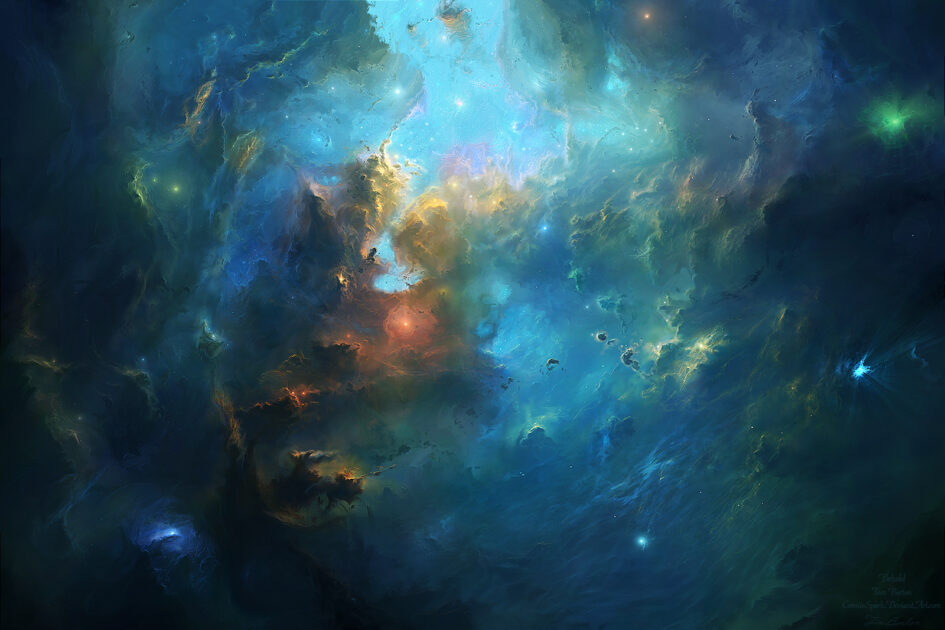Thoughts on Rosh Hashanah 5784.
Yesterday night I talked about what we actually celebrate on Rosh Hashanah – humanity! I believe humanity at its essence is connection. Connection with other human beings.
Do you recall your beliefs from your twenties? I’ve been reflecting on this recently, and it’s fascinating how what I believed then is often the complete opposite of my current beliefs. Nevertheless, I remain the same person. There’s a certain constancy within us, a precious aspect of our humanity on a broader scale and our character on an individual level. Beliefs may change, but this core essence remains. It is a precious thing, it is our humanity.
We live in a world where loneliness is widespread and we all feel the pervasive tension and chaos. These are times when individuals often favor comforting falsehoods over inconvenient truths, possibly driven by the urge to alleviate uncertainty and cling to the familiar. We live in times when people are dealing with depression, boredom and anxiety and find themselves confused by life’s new challenges and just want simple solutions or answers. While these simple solutions may be rare, one valuable, and simple, approach is to start by understanding the person BEFORE exploring or guessing their beliefs.
How is this principle rooted in Judaism and within Jewish texts? It is quite straightforward: B’tzalmo – We were created in the Divine image. We are all human, sharing a common nature – human nature itself. The core elements of this nature are Freedom and Control. These distinguishing characteristics have been recognized across various philosophical schools of thought, setting us apart from the surrounding nature. While there are lower-level features tied to the biological aspects of humankind, such as various drives and needs that profoundly impact other core human attributes, it is important to remember that the nature of human beings extends beyond biology.
There are sparks of the Divine within all of us, and these sparks transcend all other traits or characteristics.
Why do we overlook these Divine sparks within those around us? Why are we so swift to pass judgment, not just based on their actions but sometimes even making presumptions about their beliefs? Why are we so quick to forget that we are always looking through the lens of our own conventions and our own beliefs and that colors everything we perceive? This amnesia comes at an enormous cost, as we miss seeing the person, the soul right in front of us.
Interacting with another person should be regarded as a sacred act. We are all created in the image of the Divine. This conviction transcends Judaism and is universally shared, serving as a fundamental principle for a significant reason.
Let’s reflect on history. In the 20th century, during the Holocaust, humanity went through a bleak period in which people were excluded and discriminated solely due to their race and faith. It stands as both the most horrifying and poignant example of how ideology can distort human perception. Under the sway of this ideology, people stopped seeing others as fellow human beings, let alone recognizing the Divine within them.
During that dreadful time, those who clung to this ideology were either capable of committing heinous atrocities or could remain indifferent to the atrocities perpetrated by others. This occurred because they let their ideology overshadow their basic humanity, which making no mistake, is a perilously simple thing to do.
It serves as a chilling reminder of the consequences when we neglect to prioritize humanity and to point out that if you deprive or negate someone’s humanity you negate your own humanity in the process.
We can argue that is a gross comparison. But, I am not making any comparisons. I don’t think there is anything in the reality we experience today that is even close to what our people experienced during the Holocaust. I’m just bringing this example to show how far it can go – how blinded we human beings can become by their beliefs and ideology. There is no objective principle or objective factor that would stop us. That is why this needs to be a constant reminder: see the person first.
If you believe you’re immune to this, you’re mistaken. We all do it, categorize people based on their words, actions and appearances. Unfortunately, once we label someone with whom we disagree, we often cease to truly listen; we close ourselves off. WE prioritize their ideology over their humanity. Remember, you are more than your beliefs, and so am I.
Be tzalmo. We are created in the image of God. Be tzalmo.
I believe it is imperative that we continuously strive to cast aside our own preconceptions and judgments, to look into another person’s eyes and genuinely see them – to forge connections, understand, embrace, show compassion, to love. When you do, you not only extend love to them but also to yourself and you honor the Divine within you.
There were those people who didn’t abandon this fundamental principle that humans possess a Divine spark. The righteous gentiles who are honored at Yad Vashem refused to yield to the evil ideology, instead recognizing the humanity in others. Their ability to perform miracles in the midst of hell attests to the profound power of honoring humanity.
I ask you today to consider taking a pledge, to make a commitment, to prioritize the people in our lives over our ideology or their ideology. It is a simple concept, but it holds the potential to nurture comprehension, empathy and unity in our complex world. Beliefs may shift, but our spark remains enduring.
Shanah Tovah!
Rabbi Menachem Mirski

